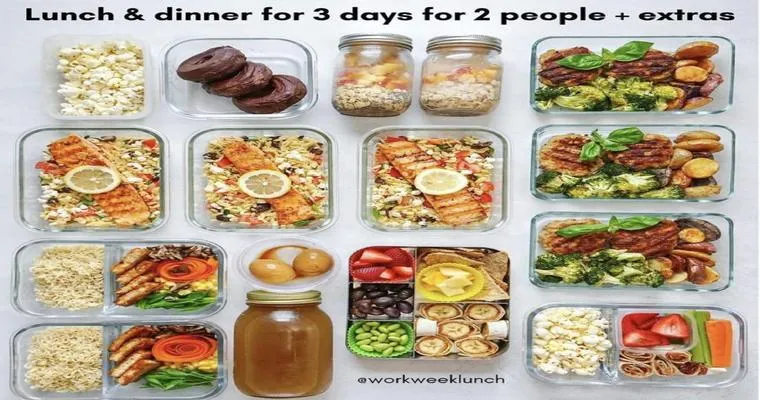As we age, maintaining a balanced diet becomes increasingly important for overall health and well-being. However, many seniors face challenges in consuming enough "calories" and essential "nutrients" due to various factors such as decreased appetite, dental issues, or medication side effects. Fortunately, there are several effective strategies to sneak in extra "calories" and "nutrients" into a senior's diet without sacrificing taste or enjoyment.
One of the simplest ways to enhance a senior's meals is by incorporating "nutrient-dense" foods. Foods like avocados, nut butters, and full-fat dairy products are rich in healthy fats and can easily be added to smoothies, oatmeal, or yogurt. For example, adding a scoop of peanut butter to a banana smoothie not only increases the "caloric" content but also boosts protein and healthy fats, making it a satisfying meal.
Another great approach is to use "fortified" foods. Look for options that have added vitamins and minerals, such as "fortified" cereals or plant-based milks. These can provide essential nutrients like calcium and vitamin D, which are crucial for maintaining bone health in seniors. For instance, mixing "fortified" cereal with full-fat yogurt can create a delicious breakfast that is both nutritious and filling.
Cooking methods also play a significant role in enhancing a senior's diet. Consider using "healthy oils" like olive or coconut oil when preparing meals. These oils not only add flavor but also increase the "caloric" density of dishes. Drizzling olive oil over roasted vegetables or incorporating it into salad dressings can make meals more appealing while sneaking in extra "calories".
Additionally, snacks can be a great opportunity to add more "nutrients". Encourage seniors to enjoy high-calorie snacks that are also nutritious, such as trail mix, cheese and whole-grain crackers, or smoothies made with fruits, vegetables, and protein powder. These snacks can be easy to prepare and offer a concentrated source of "calories" and "nutrients".
Another effective method is to include "supplements" in the diet. Nutritional drinks or protein shakes can be beneficial for seniors who struggle to meet their dietary needs through food alone. These products are often designed to be easy to consume and can provide a good balance of "calories" and essential vitamins and minerals.
Lastly, consider the social aspect of eating. Meals shared with family or friends can enhance enjoyment and encourage better eating habits. Creating a pleasant dining experience can stimulate appetite and promote a more balanced intake of "nutrients".
In conclusion, sneaking "calories" and "nutrients" into a senior's diet can be achieved through thoughtful meal planning and creative cooking techniques. By focusing on "nutrient-dense" foods, utilizing "fortified" options, and enhancing the overall eating experience, caregivers and family members can help ensure that seniors receive the nutrition they need to thrive.





